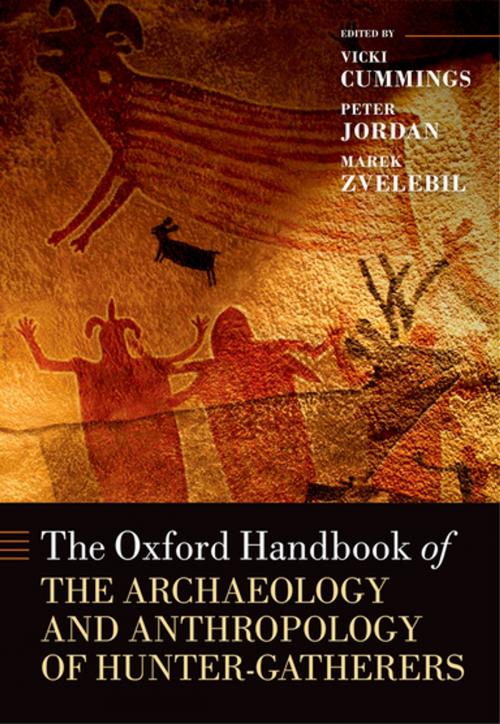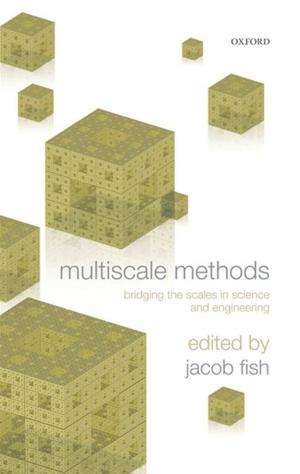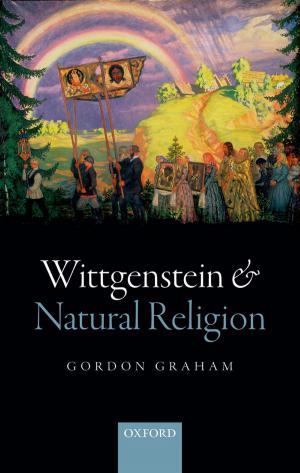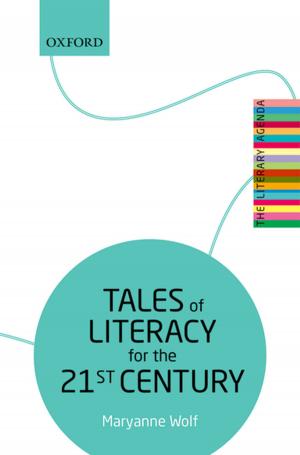The Oxford Handbook of the Archaeology and Anthropology of Hunter-Gatherers
Nonfiction, Social & Cultural Studies, Social Science, Archaeology, History| Author: | ISBN: | 9780191025266 | |
| Publisher: | OUP Oxford | Publication: | April 24, 2014 |
| Imprint: | OUP Oxford | Language: | English |
| Author: | |
| ISBN: | 9780191025266 |
| Publisher: | OUP Oxford |
| Publication: | April 24, 2014 |
| Imprint: | OUP Oxford |
| Language: | English |
For more than a century, the study of hunting and gathering societies has been central to the development of both archaeology and anthropology as academic disciplines, and has also generated widespread public interest and debate. The Oxford Handbook of the Archaeology and Anthropology of Hunter-Gatherers provides a comprehensive review of hunter-gatherer studies to date, including critical engagements with older debates, new theoretical perspectives, and renewed obligations for greater engagement between researchers and indigenous communities. Chapters provide in-depth archaeological, historical, and anthropological case-studies, and examine far-reaching questions about human social relations, attitudes to technology, ecology, and management of resources and the environment, as well as issues of diet, health, and gender relations - all central topics in hunter-gatherer research, but also themes that have great relevance for modern global society and its future challenges. The Handbook also provides a strategic vision for how the integration of new methods, approaches, and study regions can ensure that future research into the archaeology and anthropology of hunter-gatherers will continue to deliver penetrating insights into the factors that underlie all human diversity.
For more than a century, the study of hunting and gathering societies has been central to the development of both archaeology and anthropology as academic disciplines, and has also generated widespread public interest and debate. The Oxford Handbook of the Archaeology and Anthropology of Hunter-Gatherers provides a comprehensive review of hunter-gatherer studies to date, including critical engagements with older debates, new theoretical perspectives, and renewed obligations for greater engagement between researchers and indigenous communities. Chapters provide in-depth archaeological, historical, and anthropological case-studies, and examine far-reaching questions about human social relations, attitudes to technology, ecology, and management of resources and the environment, as well as issues of diet, health, and gender relations - all central topics in hunter-gatherer research, but also themes that have great relevance for modern global society and its future challenges. The Handbook also provides a strategic vision for how the integration of new methods, approaches, and study regions can ensure that future research into the archaeology and anthropology of hunter-gatherers will continue to deliver penetrating insights into the factors that underlie all human diversity.















